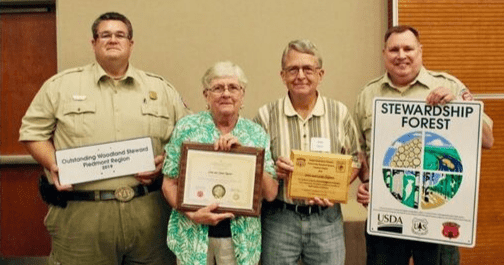Farmland Preservation Grants Available Through NCDA&CS
100.1 FM / 1450 AM WIZS; Local News broadcasts M-F 8am, 12pm, 5pm
-Press Release, USDA&CS
Starting Monday, Oct. 14, county governments and nonprofit groups may apply for funding assistance from the N.C. Agricultural Development and Farmland Preservation Trust Fund for farmland preservation projects.
This year’s request for proposals includes statewide funding for conservation easements, agricultural development projects and agricultural plans. Applicants have until Dec. 13 to apply.
“With the new changes to the application, especially those involving donated easements, we can partner with our applicants to do even more to preserve farm and forestland in North Carolina,” said Agriculture Commissioner Steve Troxler.
This cycle, applicant organizations may submit up to a total of six proposals regardless of category (perpetual easements, term easements, agricultural development projects/agricultural plans). A maximum of three applications per category per applicant may be awarded during this funding cycle.
Applications for donated easement proposals requesting only transaction cost assistance are not considered as one of the six proposals per funding cycle or as part of the maximum limit. Each organization or agency may submit up to four donated easement proposals per funding cycle.
The trust fund’s purpose is to support projects that encourage the preservation of qualifying agricultural, horticultural and forest lands to foster the growth, development and sustainability of family farms.
The grant application and guidelines are available at www.ncadfp.org/CycleXIII.htm. Call 919-707-3071 with questions.
Applications are due by 5 p.m. on Friday, Dec. 13.




